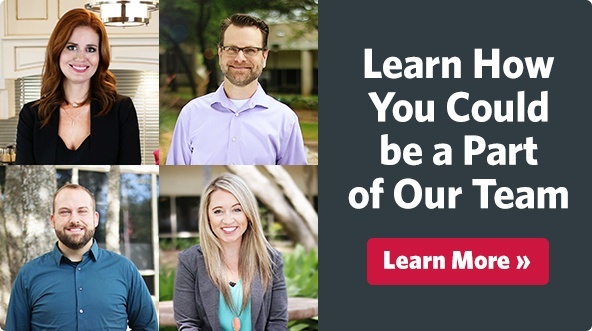When you get a result from your VERIGENE® assay, what you don’t see is the expertise in bioinformatics and data science that went into designing the assays, setting just the right threshold, analyzing each target for optimal performance, and telling the software how to report the information to you. But you can bet that Feng Sun, Director of Bioinformatics, had something to do with it. He joined Nanosphere, later acquired by Luminex, in 2005. He has earned bachelor’s degrees in chemistry and economics from Peking University and master’s degrees in statistics and computer science from the University of Georgia.

Q: What are your responsibilities at Luminex?
A: I lead the bioinformatics group at Luminex. Our main responsibility is to support R&D for product development of nucleic acid-based multiplexing assays. Specifically, we analyze the targets, come up with good gene markers, and design the actual assay. We also develop the call algorithms for our products, telling the software what to do once you collect the data. That involves devising call logics, establishing filters, and setting thresholds for each call, plus more data science support to monitor and improve performance.
Q: How did you get interested in bioinformatics?
A: I took a detour in my career. In college, I focused on chemistry, but when I went to graduate school, I realized I didn’t really like performing experiments. I took some programming classes and fell in love with computer science. When pursuing my master’s degree in that field, there was a departmental seminar from a biology professor about traditional Sanger sequencing, and I thought that was a fascinating subject. By the time I graduated, I received an offer from a sequencing center to develop a database and software for processing and analyzing sequence data for a sorghum genome project. Later, the database that we developed was also used for gene discovery in various crops and animals.
Q: What drew you to Nanosphere?
A: My wife found a job with Deloitte, consulting in Chicago. I was in Georgia at the time, so I started looking for bioinformatics opportunities in Chicago. The job at Nanosphere matched very well with my background, and I was interested in the products they were developing, which then included some genetic disease panels and pharmacogenomics panels to tailor drug dosing.
Q: If you could solve any clinical or genetic challenge, what would it be?
A: I would want to develop a portable device for universal detection of all kinds of pathogens. I’ve been working on pathogen detection for 10 years now and have helped to successfully develop assays for about 100 different pathogens. But for each new one, we have to create a new assay. Some kind of universal assay in a portable testing device would be very interesting.
Q: If you weren’t at Luminex, where would you be?
A: I would probably be teaching. In my spare time, I teach middle school math at a Chicago Chinese language school, and I really like helping students to grow intellectually.
Q: What is something about you that no one at Luminex knows?
A: I started running regularly during college when training in the Peking University Mountaineering Team. But I never ran races until recently. I just finished a 15K this month, and it was a great experience running in between Chicago’s skyscrapers. My next goal is the Chicago marathon next year, which draws almost 50,000 runners each year! However, it uses a lottery system so I don’t know yet if I will be accepted.
Q: What is your favorite thing to do in Chicago on the weekend?
A: Aside from running and teaching, I spend my weekends taking my kids to all their different activities, such as classes for drawing or swimming, and going to local kid-friendly events.
